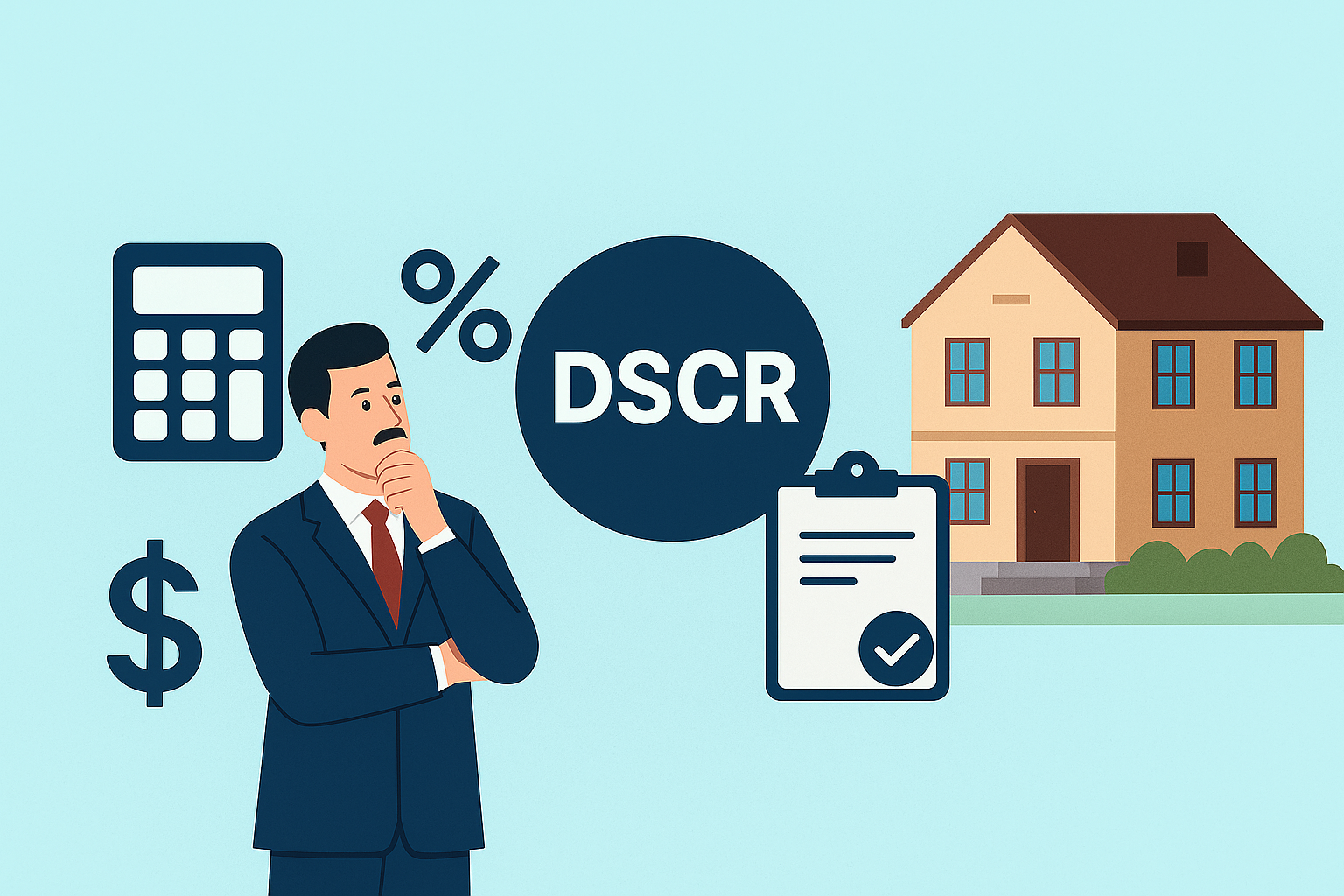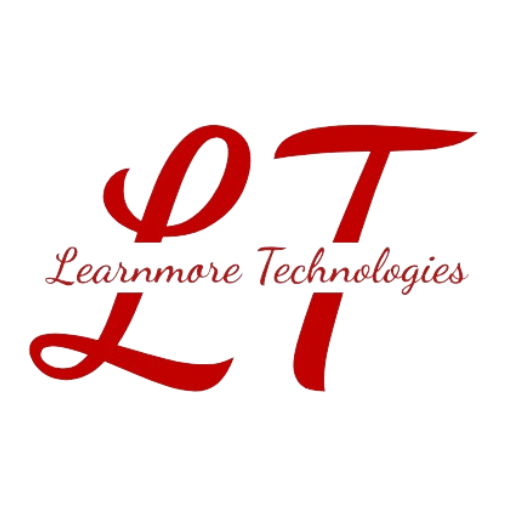What Is a DSCR Loan and How Does It Work for Investors?

Real estate investors are always searching for financing options that let them move quickly on opportunities without getting buried in endless paperwork or traditional loan restrictions. One option that has gained serious traction in recent years is the DSCR loan. If you’ve been in the real estate investment space, chances are you’ve heard about it — but what exactly is it, and how does it work?
This article breaks down DSCR loans, why they’re different from conventional mortgages, and how they can be a powerful tool for investors aiming to grow their portfolios.
Breaking Down DSCR: What It Really Means
DSCR stands for Debt Service Coverage Ratio. At its core, the ratio measures whether a property’s income can cover its debt obligations. Unlike traditional residential loans that focus on the borrower’s personal income, credit history, and tax returns, DSCR loans focus on the property’s ability to generate income.
Here’s the formula lenders use:
DSCR = Net Operating Income (NOI) ÷ Debt Payments
-
A DSCR of 1.0 means the property’s income exactly covers its debt payments.
-
A DSCR of 1.2 means the property generates 20% more income than needed to cover the loan.
-
A DSCR below 1.0 usually indicates that the property isn’t generating enough to pay the debt.
This simple calculation makes DSCR loans straightforward and attractive for investors who want to qualify based on their property’s performance, not their personal financial profile.
How a DSCR Loan Works in Practice
Let’s say you find a rental property in Houston priced at $500,000. You project its monthly rental income will be $4,000. After subtracting taxes, insurance, and other expenses, the net income comes to $3,200.
If your monthly loan payment (principal and interest) is $2,500, then:
DSCR = $3,200 ÷ $2,500 = 1.28
This ratio shows the property comfortably covers the loan payments, and most lenders would consider this a safe investment. The stronger the DSCR, the more confidence lenders have in funding the deal.
Why Investors Like DSCR Loans
1. No Tax Returns Required
Traditional loans require W-2s, pay stubs, and tax returns. DSCR loans cut through that by focusing on property income. This is especially useful for investors who reinvest profits heavily, use write-offs, or have unconventional income streams that don’t look favorable on paper.
2. Faster Approvals
With fewer hoops to jump through, DSCR loans often move faster than traditional mortgages. That speed matters in competitive real estate markets where waiting weeks could cost you the deal.
3. Scalability
Banks tend to limit how many mortgages one person can have. DSCR loans focus on the property, not the person, which makes it easier for investors to scale and build larger portfolios.
4. Flexibility in Loan Use
DSCR loans work for a variety of property types, from single-family rentals to multi-unit buildings. This flexibility makes them versatile for different investment strategies.
DSCR Loan Requirements: What Lenders Look For
Even though DSCR loans are more flexible than traditional loans, they still have requirements. Common factors include:
-
DSCR Threshold: Many lenders want a ratio of at least 1.2, though some may accept as low as 1.0 with compensating factors.
-
Property Appraisal: Lenders will verify the property value and expected rental income.
-
Down Payment: Typically 20–25% for investment properties.
-
Credit Score: While personal income isn’t the focus, lenders still check credit history. A score of 660+ is often expected.
-
Reserves: Some lenders require a few months of mortgage payments in reserve as a safety net.
The Catch: Costs and Considerations
Like any financial product, DSCR loans have trade-offs. Interest rates can be slightly higher than conventional loans, and fees may be steeper. That’s because lenders are taking on more risk by relying primarily on the property’s income.
For experienced investors, though, the benefits often outweigh the costs. Paying a slightly higher rate may be worth it if the loan allows you to buy a property that generates significant cash flow or appreciate quickly.
The Role of Private DSCR Lenders
Traditional banks are slowly warming up to DSCR loans, but the most flexible terms usually come from private lenders. A private DSCR lender Texas investors work with, for example, may approve deals faster, offer creative structures, and adapt terms to fit a specific project. That agility can be crucial in markets where timing and flexibility mean everything.
Private lenders also tend to understand the mindset of investors better than big banks. They know that what matters most is whether the property produces strong returns — and they align their lending approach with that goal.
Who Should Consider a DSCR Loan?
DSCR loans aren’t for everyone. They’re best suited for:
-
Real Estate Investors who want to qualify based on property income rather than personal income.
-
Self-Employed Professionals whose tax returns don’t reflect their real earning power.
-
Portfolio Builders who want to scale quickly without hitting the cap on conventional mortgages.
-
Investors in Hot Markets who need fast approvals to compete effectively.
If you’re buying a primary residence, a traditional mortgage may still be the best option. But if your focus is on building cash flow and scaling your portfolio, DSCR loans are designed with you in mind.
How DSCR Loans Fit into Investment Strategy
The best investors don’t just use one type of financing. They use the right tool for the right job. DSCR loans fit well into a broader strategy that may also include conventional loans, private money, and refinancing.
For example:
-
Use a private loan to acquire and renovate a property quickly.
-
Transition into a DSCR loan once the property is stabilized and generating income.
-
Hold long-term with reliable cash flow while keeping personal finances separate from the deal.
This layered approach gives investors flexibility and keeps capital flowing for the next opportunity.
Final Thoughts
DSCR loans are changing the game for real estate investors. By focusing on property income instead of personal income, they open doors to faster approvals, flexible terms, and scalable growth.
Whether you’re building your first rental portfolio or expanding into multi-family units, DSCR financing provides a path that traditional mortgages often block. And with private lenders offering creative options, investors have more tools than ever to seize opportunities in today’s market.
If you’re serious about scaling in real estate, it’s worth asking not just what you can afford personally, but what your property can afford on its own. That’s the power of a DSCR loan — and why it’s quickly becoming the go-to solution for smart investors.







